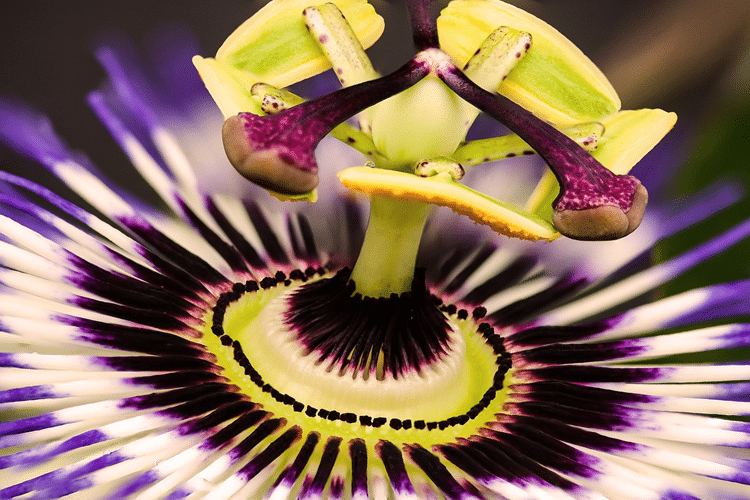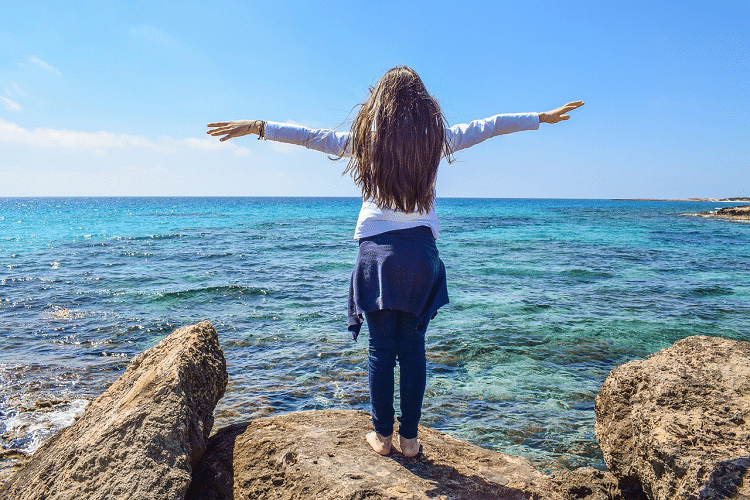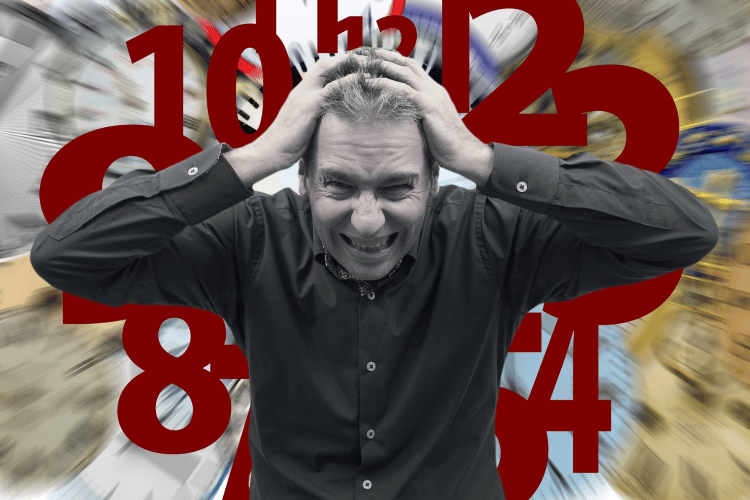
Natural Anti-Anxiety Remedies To Reduce & Eliminate Stress
Table of Contents
- Learn how to reduce stress, tension, and anxiety before it has serious health consequences….
- How common are anxiety disorders?
- How can stress affect your life?
- What are the different kinds of anxiety disorders?
- What are effective treatments for anxiety disorders?
- What can you do to help your anxiety naturally at home without the use of drugs and other outside sources?
- Natural herbs that can help decrease or rid your stress and anxiety
Learn how to reduce stress, tension, and anxiety before it has serious health consequences….
Thousands of people suffer from some form of anxiety, which is linked to stress; there is a pervading sense of unease and even fear that diminishes their quality of life. What can they do to improve their lives? Below is information about stress, anxiety and some suggestions and tips to help people who suffer from stress and anxiety.
How common are anxiety disorders?
Anxiety disorders are the most common mental illness in society. More than 19 million adults in America alone are affected by these debilitating illnesses each year mostly caused by stress.
Many people may not consider stress as a serious condition because everyone suffers from it, but if stress is a factor in your life and your stress level become consistently high it can lead to many serious medical conditions and illnesses including hypertension, heart attacks, and strokes.
Symptoms of stress and anxiety are the following:
- Tension
- Worrying all the time
- Irritability
- Frustration
- Hopelessness
How can stress affect your life?
- Headaches
- Jaw pain
- Dry mouth
- Chest tightness
- Poor digestion
- Irritable Bowel
- Acne
- Sexual dysfunction
- Heart palpitations
- Dark circles around your eyes
- Colds
- Flu
- Thin skin
- Begin to look older than your age
- Body weakness
Living with stress and anxiety is more serious than you can imagine. Stress and anxiety could cause you symptoms such as:
- Poor concentration
- Fatigue
- Poor sleep
- Restless
- Irritable
- Feeling tense or on edge
- Muscle tension
Dealing with stress consistently also can lead to changes in physical health such as:
What are the different kinds of anxiety disorders?
Panic Disorder
Repeated episodes of intense fear that strike often and without warning. Physical symptoms include chest pain, heart palpitations, shortness of breath, dizziness, abdominal distress, feelings of unreality, and fear of dying.
Obsessive-Compulsive Disorder
Repeated, unwanted thoughts or compulsive behaviors that seem impossible to stop or control.
Post-Traumatic Stress Disorder
Persistent symptoms that occur after experiencing or witnessing a traumatic event such as rape or other criminal assault, war, child abuse, natural or human-caused disasters, or crashes. Nightmares, flashbacks, numbing of emotions, depression, and feeling angry, irritable or distracted and being easily startled are common. Family members of victims can also develop this disorder.
Phobias
Two major types of phobias are social phobia and specific phobia. People with social phobia have an overwhelming and disabling fear of scrutiny, embarrassment, or humiliation in social situations, which leads to avoidance of many potentially pleasurable and meaningful activities. People with specific phobia experience extreme, disabling and irrational fear of something that poses little or no actual danger; the fear leads to avoidance of objects or situations and can cause people to limit their lives unnecessarily.
Generalized Anxiety Disorder
Constant, exaggerated worrisome thoughts and tension about everyday routine life events and activities, lasting at least six months. Usually anticipating the worst even though there is little reason to expect it; accompanied by physical symptoms, such as fatigue, trembling, muscle tension, headache or nausea.
What are effective treatments for anxiety disorders?
A number of medications that were originally approved for treating depression have been found to be effective for anxiety disorders as well. Some of the newest of these antidepressants are called selective serotonin reuptake inhibitors (SSRIs). Other anti-anxiety medications include groups of drugs called benzodiazepines and beta-blockers. If one medication is not effective, you can try others. New medications are currently under development to treat anxiety symptoms.
Two clinically proven effective forms of psychotherapy used to treat anxiety disorders are behavioral therapy and cognitive-behavioral therapy. Behavioral therapy focuses on changing specific actions and uses several techniques to stop unwanted behaviors. In addition to the behavioral therapy techniques, cognitive-behavioral therapy teaches patients to understand and change their thinking patterns so they can react differently to the situations that cause them anxiety.
What can you do to help your anxiety naturally at home without the use of drugs and other outside sources?
Your Diet
Eliminating coffee should be the first step. There is significant clinical evidence showing that it can be all that is needed in some cases. Other foods that may worsen anxiety in excess are refined sugar honey, maple syrup, and cow’s milk products.
Nutritional Supplements and Vitamins – Gamma-aminobutyric acid (GABA)
GABA is an amino acid that plays a role in the physiology of anxiety. Prescription drugs for anxiety such as Valium and Xanax work by affecting GABA receptors in the brain. However, the degree to which orally ingested GABA supplements can reach the brain is unknown.
Other nutritional supplements used for anxiety include pantothenic acid, calcium, magnesium, and vitamin B complex.
Natural herbs that can help decrease or rid your stress and anxiety
- Kava – Kava (Piper methysticum) is a herb that is used widely in Europe for nervous anxiety, tension, agitation, and insomnia. Native to Polynesia, kava appears to work in a similar way to prescription benzodiazepine drugs such as Xanax and Valium, with similar effectiveness. Kava does not appear to cause mental drowsiness unless taken in large doses. Nevertheless, it is best to use caution until you know the extent of its effects on you. The benefits are often noticeable within weeks, but some people notice improvement after as little as a week. People who have had dystonic reactions from antipsychotic drugs or who have Parkinson’s disease, as case reports indicate that kava may interfere with dopamine, should not use kava. People taking benzodiazepines such as Valium should only take kava under the strict guidance of a qualified professional.
- Valerian – Valerian is an herbal tranquilizer that is a remedy for insomnia. It calms the nervous system, balances mood swings, and is not habit forming. One study found that it might have calming effects during stressful situations. It can be blended with other herbs such as hops or passionflower. Children, pregnant or nursing women, should not use Valerian. People with serious health conditions, or who are taking prescription drugs for mood or neurological disorders should consult a qualified professional before taking valerian.
Other herbs that help rid or reduce stress and anxiety – These calming herbs are also good to use to reduce or rid stress and anxiety.
- St. John’s Wort Extract
- Chamomile
- Hops
- Lemon balm
- Passionflower
- Skullcap
- Suma






